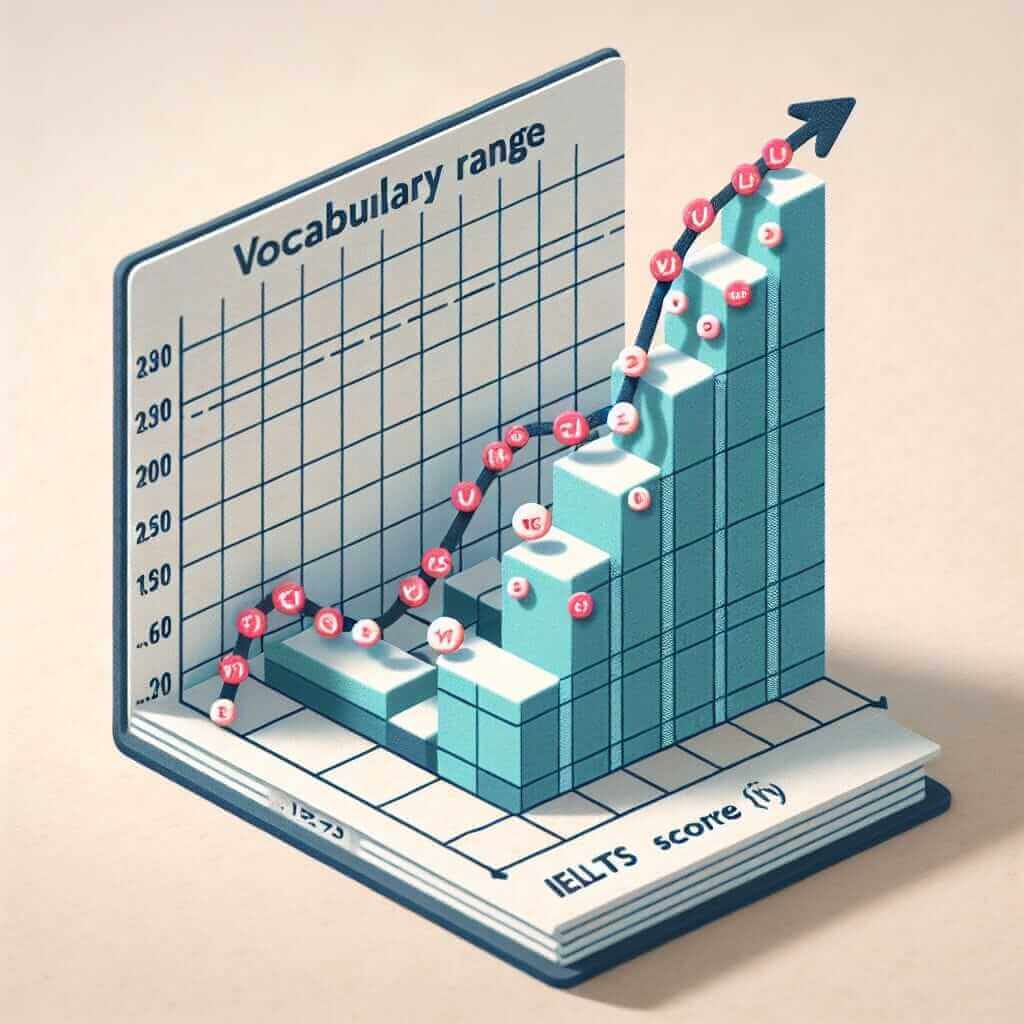“It manifests that…” might sound impressive, but is it the right choice for your IELTS essay? This phrase isn’t as common as you might think, and using it incorrectly can actually harm your score. This guide will explore the uses (and misuses) of “it manifests that,” its alternatives, and how to boost your lexical resource score on the IELTS.
Nội dung bài viết
Let’s look at a few examples of how “it manifests that…” could appear in IELTS writing:
- Incorrect: The data it manifests that pollution levels are rising.
- Correct, but awkward: It manifests that urban planning must prioritize sustainability.
- Better: Urban planning must prioritize sustainability, as evidenced by…
As you can see, even when grammatically correct, the phrase can feel forced. Let’s break down why.
Understanding “It Manifests That”
The verb “manifest” is powerful. It means to show something clearly, often something abstract becoming concrete. However, it’s quite formal and more common in academic or philosophical contexts.
Frequency in IELTS
You’re unlikely to see “it manifests that” on the IELTS exam itself. Examiners look for your ability to use a range of vocabulary and grammatical structures effectively, and this phrase is overly formal for the task.
Alternatives and When to Use Them
Instead of “it manifests that,” consider these alternatives for a more natural and impactful writing style:
Expressing Evidence and Results
| Phrase | Example | IELTS Use Case |
|---|---|---|
| It is clear/evident that… | It is clear that climate change requires immediate action. | Task 2: Discussing global issues |
| The data show/indicate… | The data indicate a correlation between education and income. | Task 1: Describing trends in a graph |
| This suggests/implies that… | This suggests that investment in renewable energy is increasing. | Task 2: Drawing conclusions from given information |
| As a result… | As a result of these findings, new policies were implemented. | Task 1 & 2: Showing cause-and-effect relationships |
Expressing Appearance or Emergence
| Phrase | Example | IELTS Use Case |
|---|---|---|
| This demonstrates/highlights.. | This demonstrates the importance of early childhood education. | Task 2: Supporting a viewpoint with examples |
| …becomes apparent/visible | A clear trend becomes apparent when analyzing the data over time. | Task 1: Describing changes in a chart or graph |
| …emerges/arises from… | New challenges arise from the rapid pace of technological advancement. | Task 2: Discussing the complexities of a given topic |

Achieving a Higher Band Score
To impress your IELTS examiner, focus on these key areas:
- Range and Accuracy: Use a variety of vocabulary and grammatical structures correctly.
- Natural Language: Choose words and phrases that sound natural and appropriate for the context.
- Concision: Avoid unnecessary words or overly complex phrases.
Don’t be afraid to be simple! Clear and accurate language is always better than using a complex phrase incorrectly.
Common Mistakes and How to Avoid Them
- Overusing Formal Language: While it’s good to have some formal vocabulary, using overly academic language can make your writing sound unnatural.
- Incorrect Collocations: “Manifest” has specific collocations (words it’s frequently used with). Using it incorrectly will sound awkward.
By focusing on clear communication, a variety of vocabulary, and accurate grammar, you’ll be well on your way to achieving your desired IELTS score.